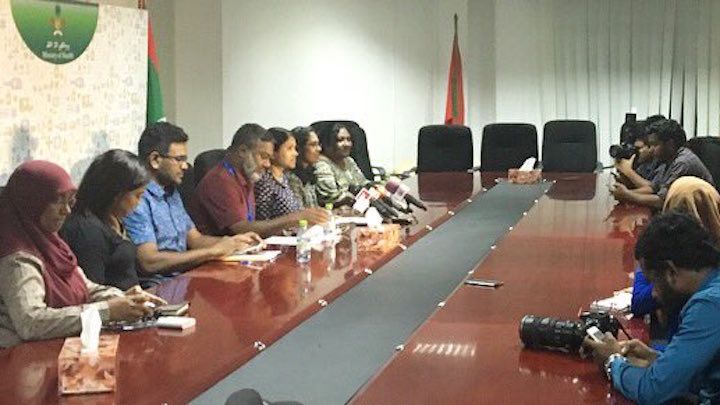Schools closed after H1N1 cases reach 51, fatality identified
The national health alert has been raised to level three based on the “rapid increase of cases” since February, the discovery of severe disease among high-risk patient groups, and the death of one flu patient.

14 Mar 2017, 09:00
All public schools in the Maldives have been closed to prevent the spread of the H1N1 swine flu virus after the number of cases reached 51 and a fatality was identified.
Less than 12 hours after insisting that the situation does not warrant closing schools, health officials told the press late on Monday night that the number of confirmed H1N1 cases has increased from 27 in the morning to 51 after more samples were tested.
Samples from 251 influenza patients have been tested as of Monday.
Upon reviewing the 51 confirmed cases, the authorities found that a sample from a 27-year-old man who died on March 4 had also tested positive.
Become a member
Get full access to our archive and personalise your experience.
Already a member?
Discussion
No comments yet. Be the first to share your thoughts!
No comments yet. Be the first to join the conversation!
Join the Conversation
Sign in to share your thoughts under an alias and take part in the discussion. Independent journalism thrives on open, respectful debate — your voice matters.




